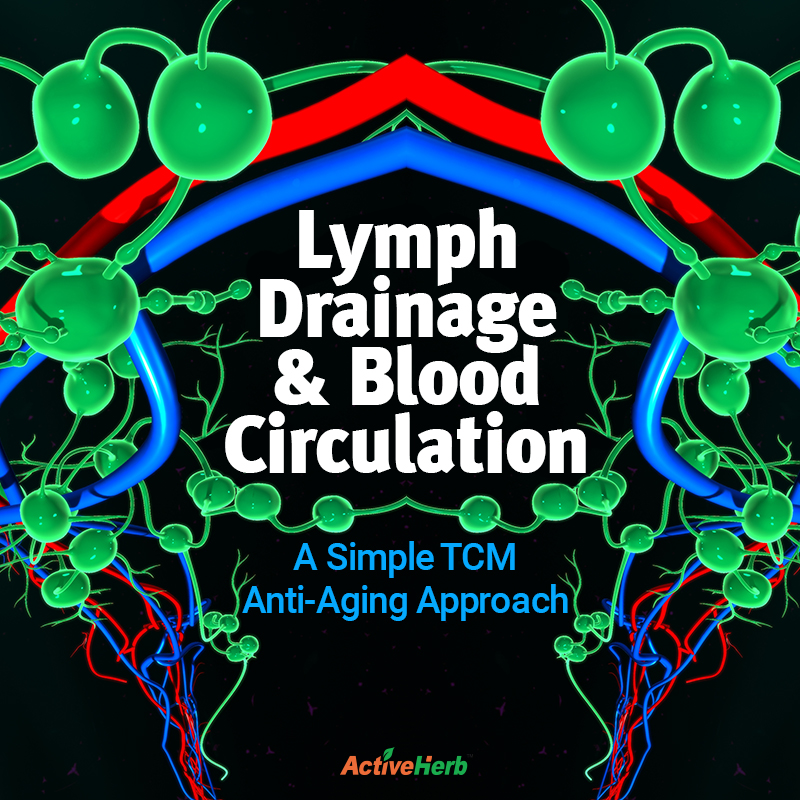What is Blood in TCM and What Are its Functions?

Blood in TCM (Traditional Chinese Medicine) has some similarities with “blood” in western medicine. And, of course, there are differences as well….
Blood is something that everybody on the planet is familiar with. But most people don’t think about it unless they get a cut, need a transfusion, or get diagnosed with leukemia. People who take high blood pressure medication may think about blood from time to time. But for the most part, blood is taken for granted.
On the other hand, Blood in TCM plays a vital role in optimal health.
Let’s take a look at blood and its special roles it plays in TCM, as well as the similarities and differences between blood from a western perspective and that of TCM.
What does modern science know about blood?
What science has discovered about blood’s role in human physiology, relatively speaking, occurred just a blink of an eye ago.
It wasn’t until 1866 that Ernst Neumann first reported the connection between red blood cell formation and marrow. (Which is why bone marrow transplantation may reconstitute the whole blood in leukemia patients after chemotherapy.)
Modern science confirms blood’s role in transporting the following: hormones; oxygen from the lungs to the cells; carbon dioxide back to the lungs for exhalation; nutrients into the cells, and metabolic waste for future elimination.
Blood also plays an important part in body-temperature regulation, and, we have known only since the 19th century, that blood plays a vital role in our immunity, with the discovery of pathogen-fighting white blood cells and molecules such as interferons.
What does TCM know about blood?
TCM established theories about blood’s functions many centuries ago. These theories have been proven by modern science.
For example, modern science confirms bone marrow being the central place where blood cells are generated. Although ancient Chinese physicians had no knowledge of cellular biology, it has been known for many centuries that blood originates in the marrow.
The ancients also were aware the heart pumps blood, long before “The Anatomical Function of the Movement of the Heart and the Blood in Animals” was published in 1628 (in Latin, by William Harvey). Ancient Chinese physicians also were aware of the heart-blood connection in regards to circulation, which is vital to health. And TCM doctors, centuries ago, were making the connection that blood supplies the Lungs with the source of our respiration (oxygen).
The TCM theory that the Liver is the storagehouse for blood was also devised many centuries ago. Ancient TCM philosophers and physicians knew also of the Stomach-Spleen relationship in regards to nutrition, which is how nutrients get into the blood.
What else does TCM know about blood?
In TCM, blood is vital to the spirit and consciousness. Western medicine has recently confirmed that many molecules associated with consciousness lie in the brain via the bloodstream. Blood controls mental activity. Ancient TCM, of course, didn’t theorize about molecules. But it’s fascinating that at least two millennia after TCM theorists devised the blood-consciousness connection, it has been recently verified by modern research.
What is Blood in TCM: Blood Deficiency
As mentioned earlier, blood generates from the bone marrow. Another source of blood is provided from nutrition. The nutrients from the food we eat are absorbed into the bloodstream after digestion. If one source is compromised or poor, then blood deficiency may occur. In western medicine blood deficiencies include anemia and ischemia.
TCM treats blood deficiency in part by using Blood tonic herbs and herbal formulas. Perhaps the most popular blood tonic herb is Dang Gui (Angelica Sinensis). A classic TCM formula for enriching the blood is Tonics4 (aka Si Wu Tang).
Blood deficiency symptoms include pale complexion, dry skin, irregular and/or scanty menstrual cycle flows (The Liver, in TCM theory, is responsible for regulating menstrual cycles.), tiredness and temporary loss of balance.
Another example of Liver Blood deficiency is poor eyesight. The Liver, according to TCM theory, directly impacts the eyes more than any other organ system. That is because the Liver meridians branch out to the Eyes. Even in western medicine, we look at the eyes to see how the liver is functioning, and if the eyes are yellow, that’s an indication the liver is unhealthy.
(Trouble with Vision & Eye Health? These ActiveHerb formulas may offer support.)
What is Blood in TCM: Blood Stagnation
Similar to still water in a pond, blood stagnation describes the sluggish movement of blood.
When blood stagnation is present, the following symptoms may arise:
- Pain (stabbing and fixed in a pinpoint location)
- Irregular or painful menstruation
- Varicose veins
- Purple extremities including nails and lips
If you need to support your blood circulation, CircuFine is a formula consisting of 11 Chinese herbs that resolve blood stagnation.
Serious diseases that stem from poor blood circulation are conditions that represent ‘blood stasis’ in TCM.
Blood stasis is attributed to either buildup in the walls of vessels or a slower speed of circulation.
Dan Shen (Salvia root) is a stalwart herb for blood stagnation in TCM. Blood StasisClear (aka: Xue Fu Zhu Yu Tang) is one of the most popular TCM formulas to clear blood stagnation, which typically manifests as discomfort in the upper body.
Poor blood circulation is also a direct result of leading a sedentary lifestyle. So get off your chair right now and move around for a couple minutes before coming back to your laptop or other connected device!
For more detailed discussion on blood stasis and its impact on health, please check out here.
Blood in TCM: Conclusion
Although western science has only known for a few centuries that blood cells regenerate, ancient TCM practitioners knew the importance of constantly ‘building [regenerating] the blood.’ To build healthy blood, you must eat a very nutritious diet, get enough moderate-exertion exercise, get plenty of rest, drink enough pure water, and manage stress. From ancient TCM physicians to contemporary wellness experts, building healthy blood by these methods is a great way to keep the doctor away.






